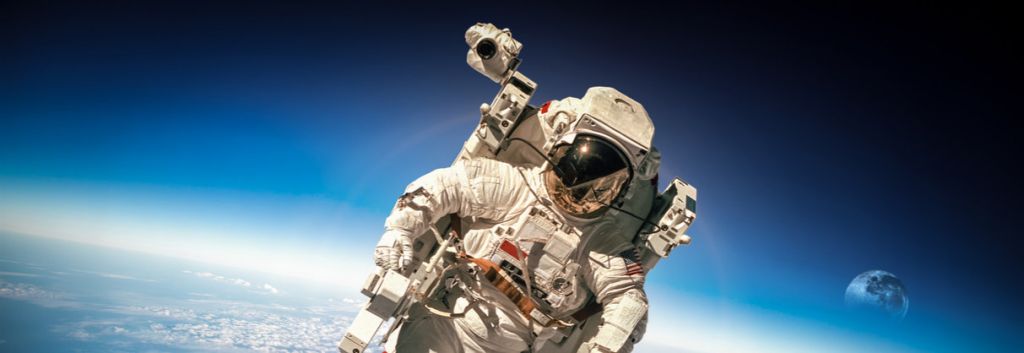Newsletter Signup - Under Article / In Page
"*" indicates required fields
NASA is using an antibody assay to investigate the effect of space flight on white blood cells in astronauts on the International Space Station.
The assay used by NASA measures blood levels of a part of an antibody called a free light chain, in order to reveal the levels of activity of B cells. This is then taken as an indication of the activity of the immune system as a whole.
The assay, called the Seralite ELISA test, is commercialized by Abingdon Health and the antibody it is based on was developed by the University of Birmingham.
“Free light chains are of interest because these proteins provide a near ‘real-time’ indicator of B cell function,” Ruth Ashton, from the University of Birmingham Enterprise, told us. “The Seralite ELISA is very sensitive, allowing levels of free light chains to be measured a very low levels in saliva and serum.”

In a one-year study with astronauts from the International Space Station, NASA took blood plasma and saliva samples from 23 astronauts before, during and after spending six months in outer space. The results showed there was no difference in the activity of the immune system before, during and after spaceflight, which could be good news for NASA.
Previous studies have revealed that the immune system might be affected in zero gravity. This is a concern for NASA, which hopes to send astronauts to Mars by 2030. This preliminary study suggests that white blood cells continue functioning in the low-gravity environment of outer space and therefore, the risk of infection does not increase for space missions of six months.
Images by Andrey Armyagov/Shutterstock
Artificial intelligence and the future of antibody discovery






